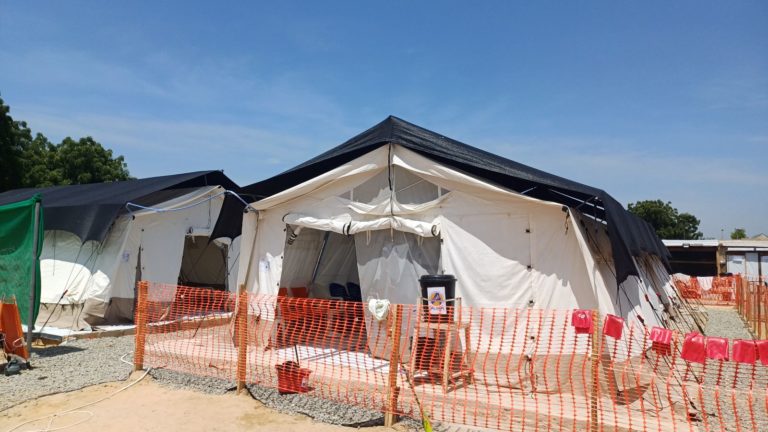
Surviving Cholera in Borno, North East Nigeria
As communities in Maiduguri recover from the recent flood that devastated the region rendering thousands homeless, ALIMA has stepped up

As communities in Maiduguri recover from the recent flood that devastated the region rendering thousands homeless, ALIMA has stepped up
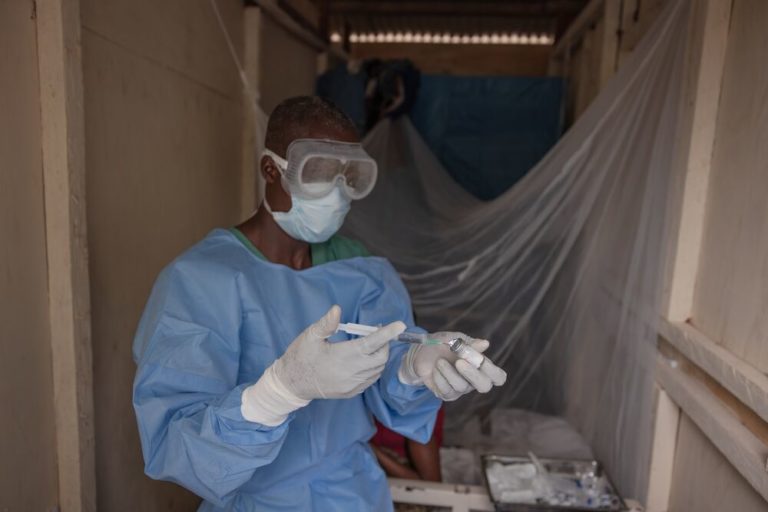
As the Mpox epidemic continues to spread in the Democratic Republic of Congo (DRC), hopes are turning to vaccination efforts.
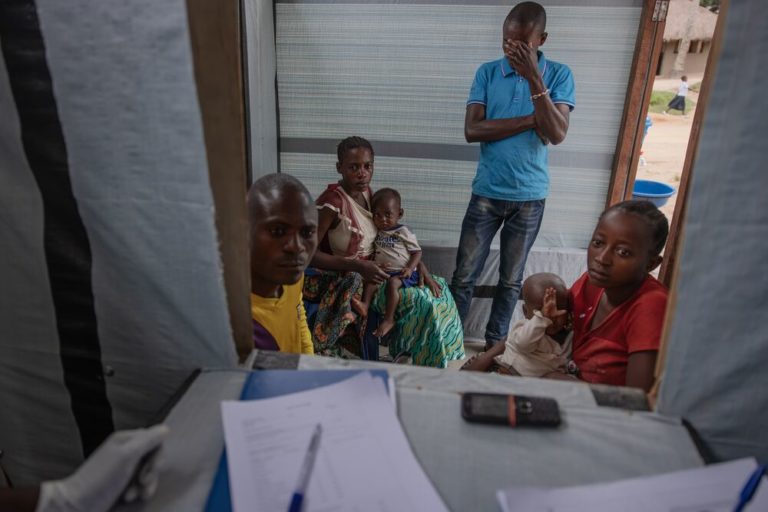
A new strategic health center in Goma has been opened to help combat the MPOX epidemic ravaging the Democratic Republic
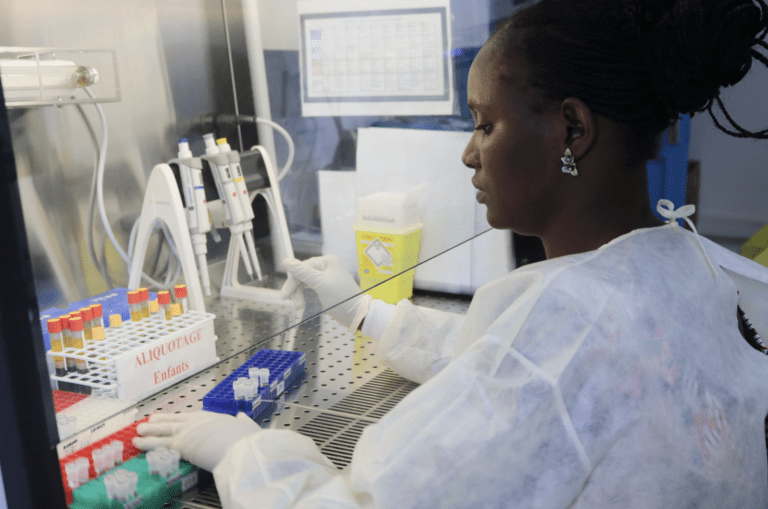
A decisive new step has been taken in the fight against the Ebola virus. According to a PREVAC study conducted
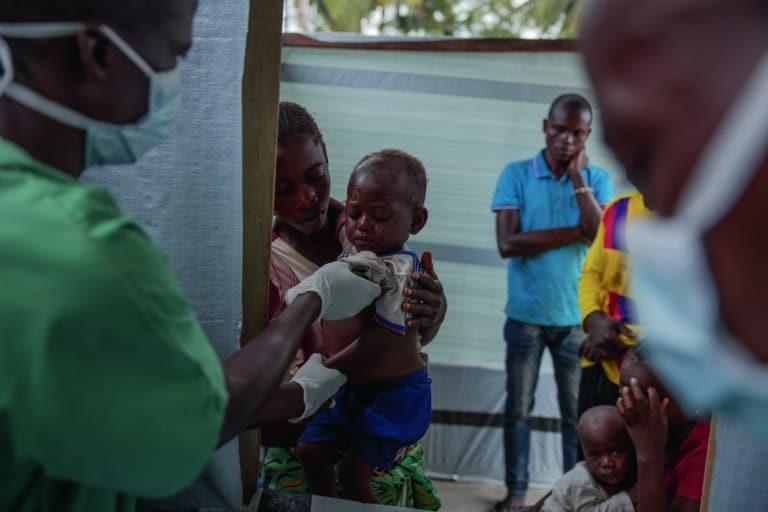
In response to the Mpox epidemic in the Democratic Republic of Congo (DRC), ALIMA (The Alliance for International Medical Action)
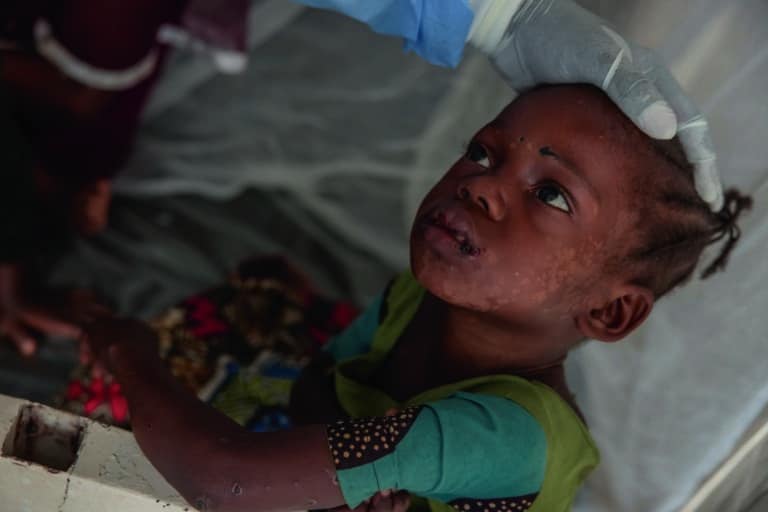
Formerly known as monkeypox, Mpox is now a growing concern as it spreads beyond its endemic regions in Central and
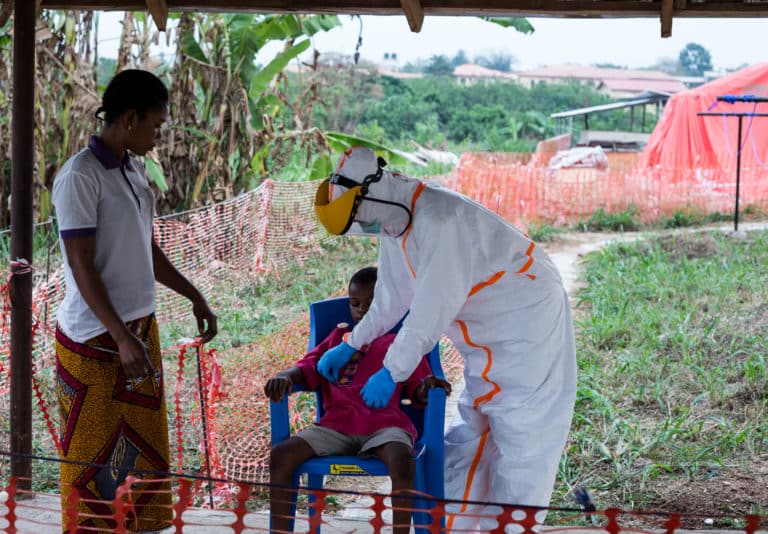
On RFI’s “Priorité Santé”, Dr Marie Jaspard and Dr Ousmane Abdoulaye discussed Lassa fever, an emerging disease prevalent in West
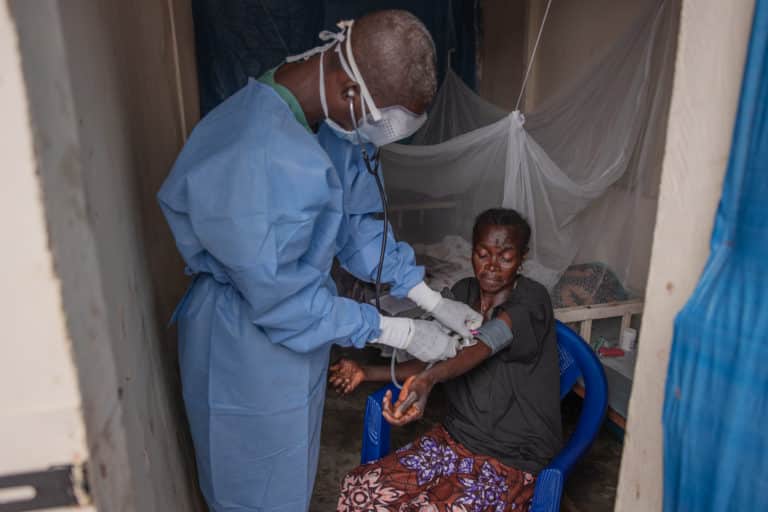
“First one of my children fell ill, then another, then a third. Soon all my eight children were sick, with
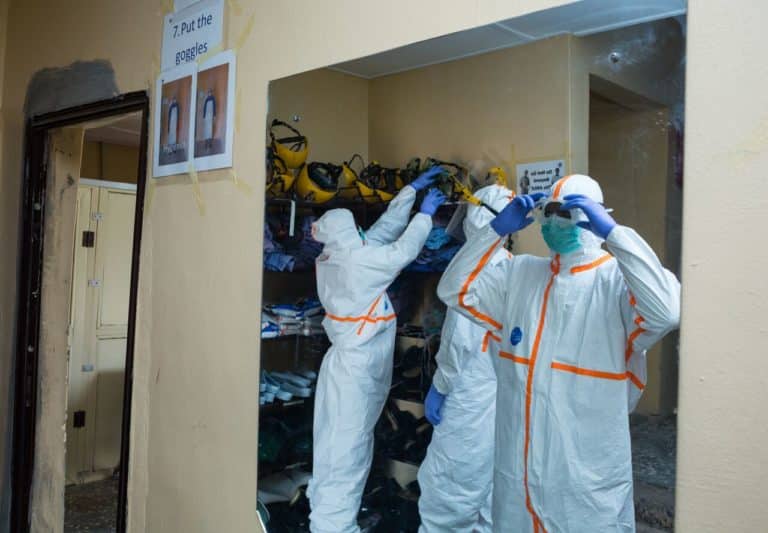
Nigeria enters Lassa fever peak season with new outbreaks underway Abuja, Nigeria, 27 February 2024 – A first-of-its-kind global alliance
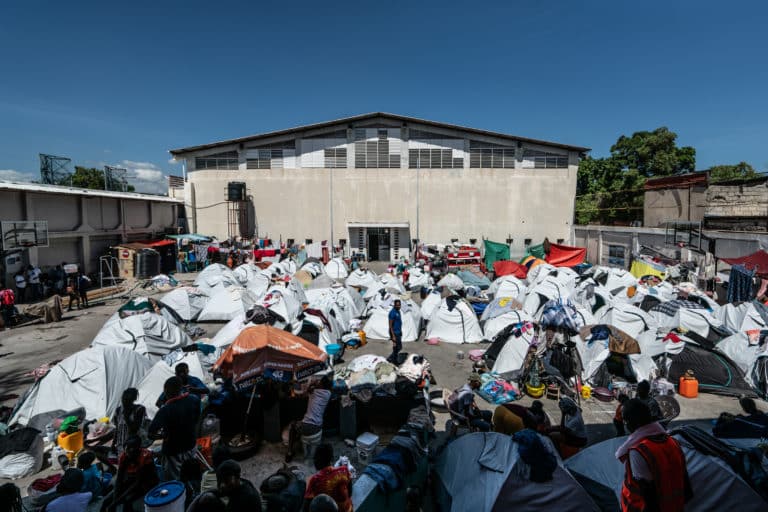
Dakar, February 14, 2024 – The humanitarian situation in Haiti is alarming. The World Health Organization (WHO) recently described it
We offer country-specific donation forms to give you access to local payment options and tax benefits.
Please wait while you are redirected to the right page...